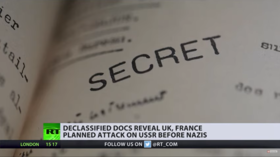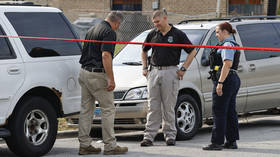More than half of scientists admit to research misconduct, landmark survey with 6,800+ participants reveals

A major survey conducted across academia in the Netherlands has found that more than a half of scientists admitted to engaging in some type of questionable research practice in their work.
The landmark study was conducted through the Dutch National Survey on Research Integrity, funded by the Dutch government.
The scientists sent out anonymized questionnaires to nearly 63,780 academics working in 22 universities and research centers across the Netherlands. The survey asked about various questionable research practices, ranging from insufficient attention to equipment and the use of unsuitable measurement instruments to improper citations and unfair reviews of manuscripts.
A total of 6,813 respondents fully completed the survey, the results of which were published as a preprint on MetaArXiv this week. The study, which is yet to be peer-reviewed, has found that 51.3% of participants admitted to having often engaged in at least one questionable research practice.
“We find that, across disciplinary fields, one in two researchers engaged frequently in at least one [questionable research practice] over the last three years,” the authors wrote. They added that one in 12 had reported having falsified or fabricated their research at least once during that time.
“Being a PhD candidate or junior researcher increases the odds of any frequent [questionable research practice], as does identifying as male and doing empirical research,” the authors wrote.
Also on rt.com US Air Force Academy professor draws flak for op-ed urging military academies to teach ‘critical race theory’Gowri Gopalakrishna, the survey’s leader and an epidemiologist at the Amsterdam University Medical Center, told Science magazine that the guarantee of anonymity to respondents had helped to receive more truthful data.
“That method increases the honesty of the answers,” she said. “So, we have good reason to believe that our outcome is closer to reality than that of previous studies.”
Think your friends would be interested? Share this story!














